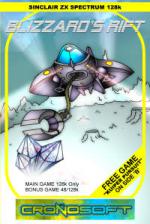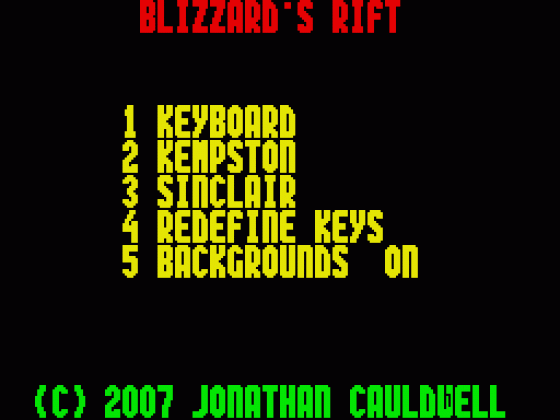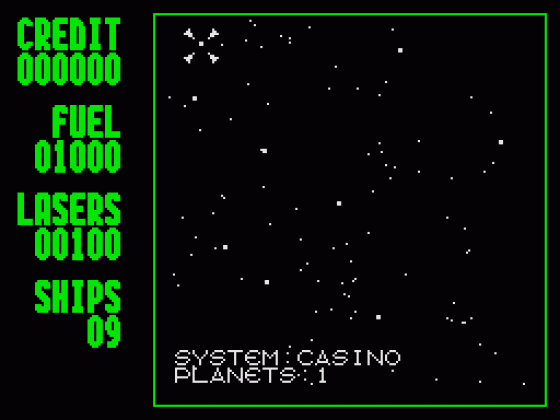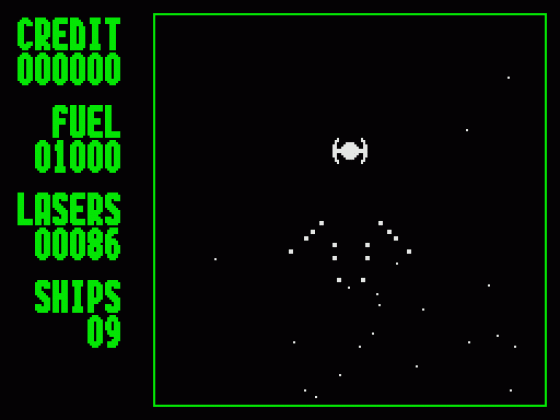Other Reviews Of Blizzard's Rift & Kuiper Pursuit For The Spectrum 128K
Retro Round Up
Alone in deep space sits Ace Commander Edwards, smoking his kuipers and eating seeds for breakfast before popping a magic pill to take his waistline back down to 32". That's all happening in this month's round up of newly released retro games
Blizzard's Rift (Cronosoft)
Jonathan Cauldwell's explosive cocktail of Thrust, Star Raiders and Poker...
Blizzard's Rift/Kuiper Pursuit (Cronosoft)
A review by Dave E (Everygamegoing)


 15th March 2007
15th March 2007



